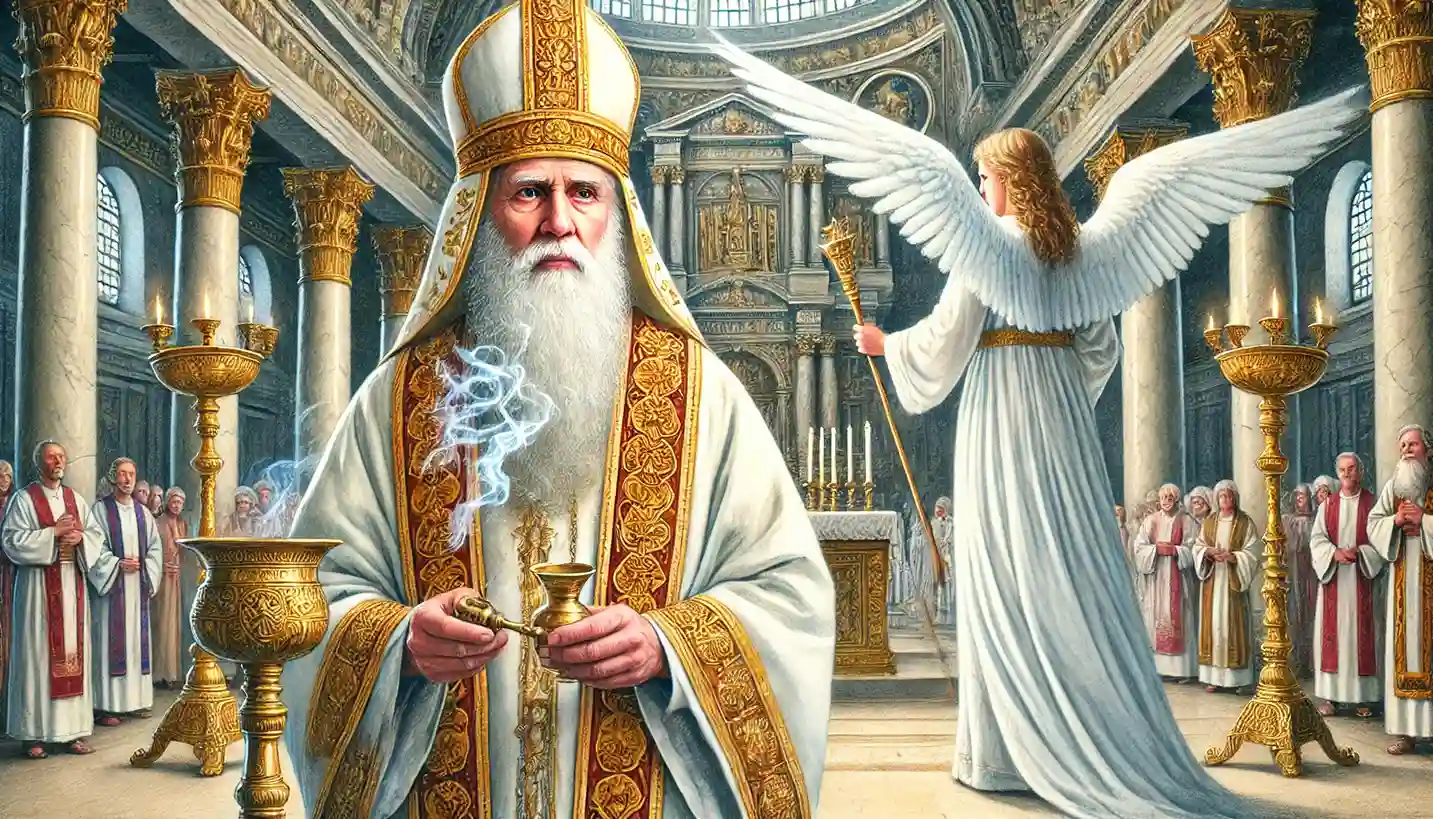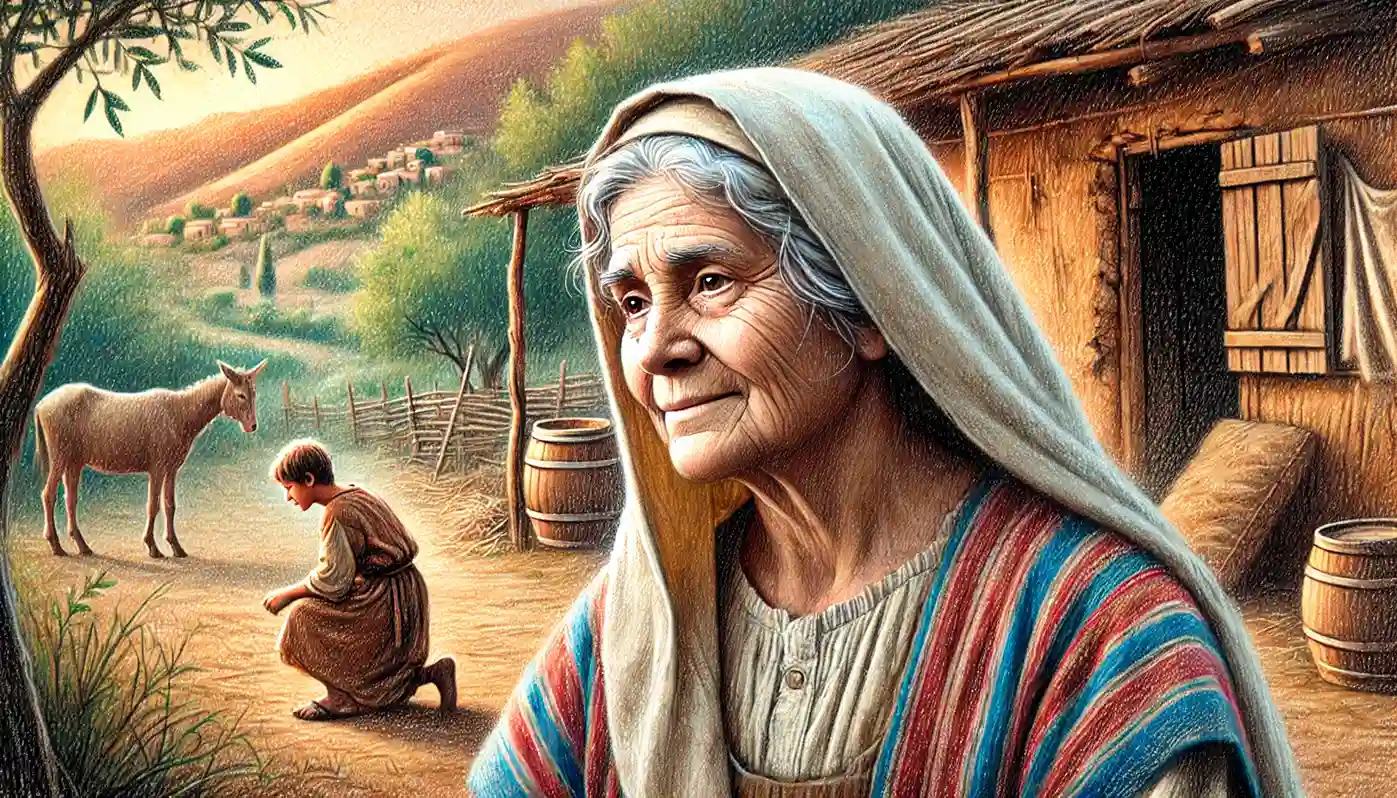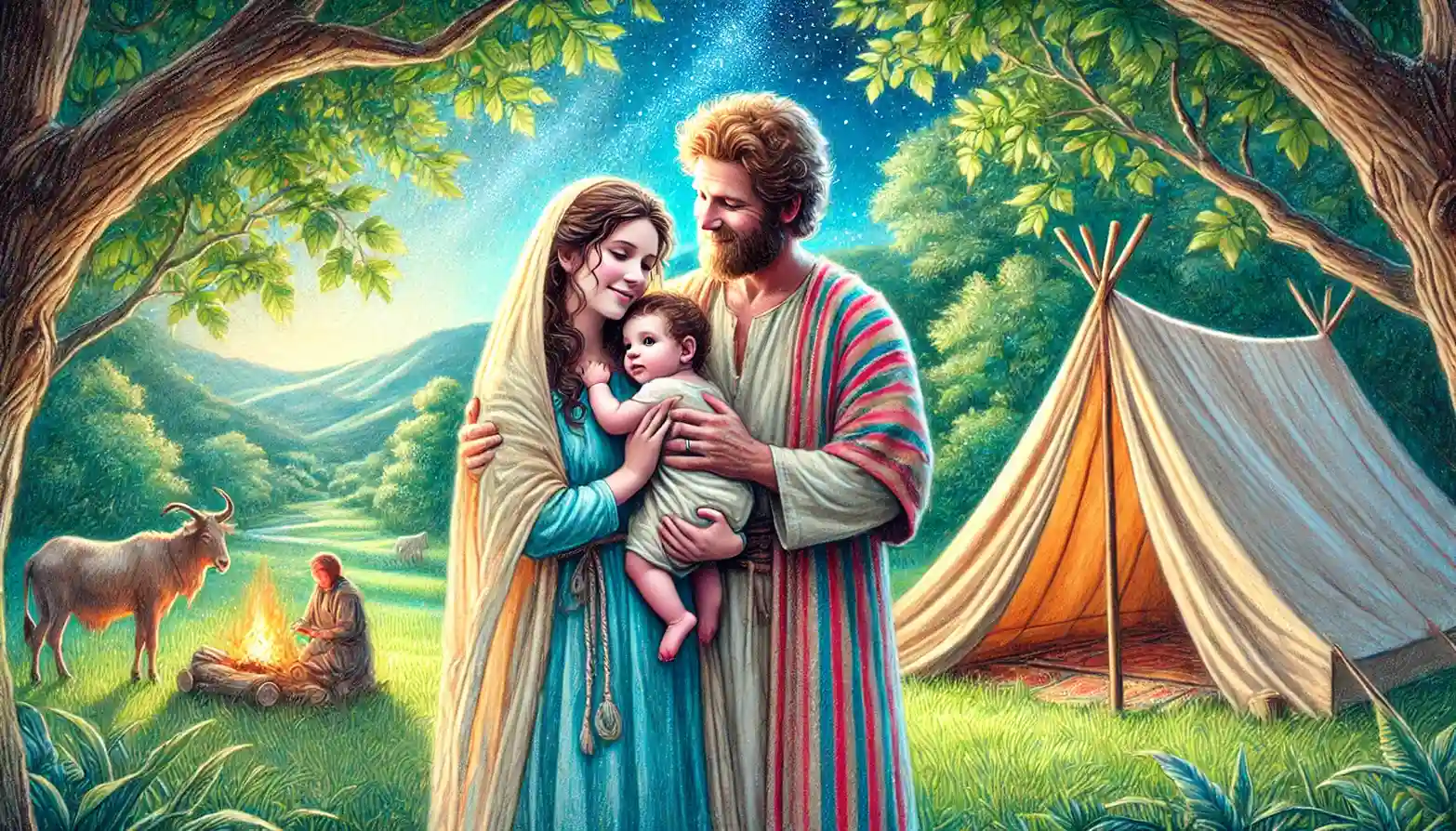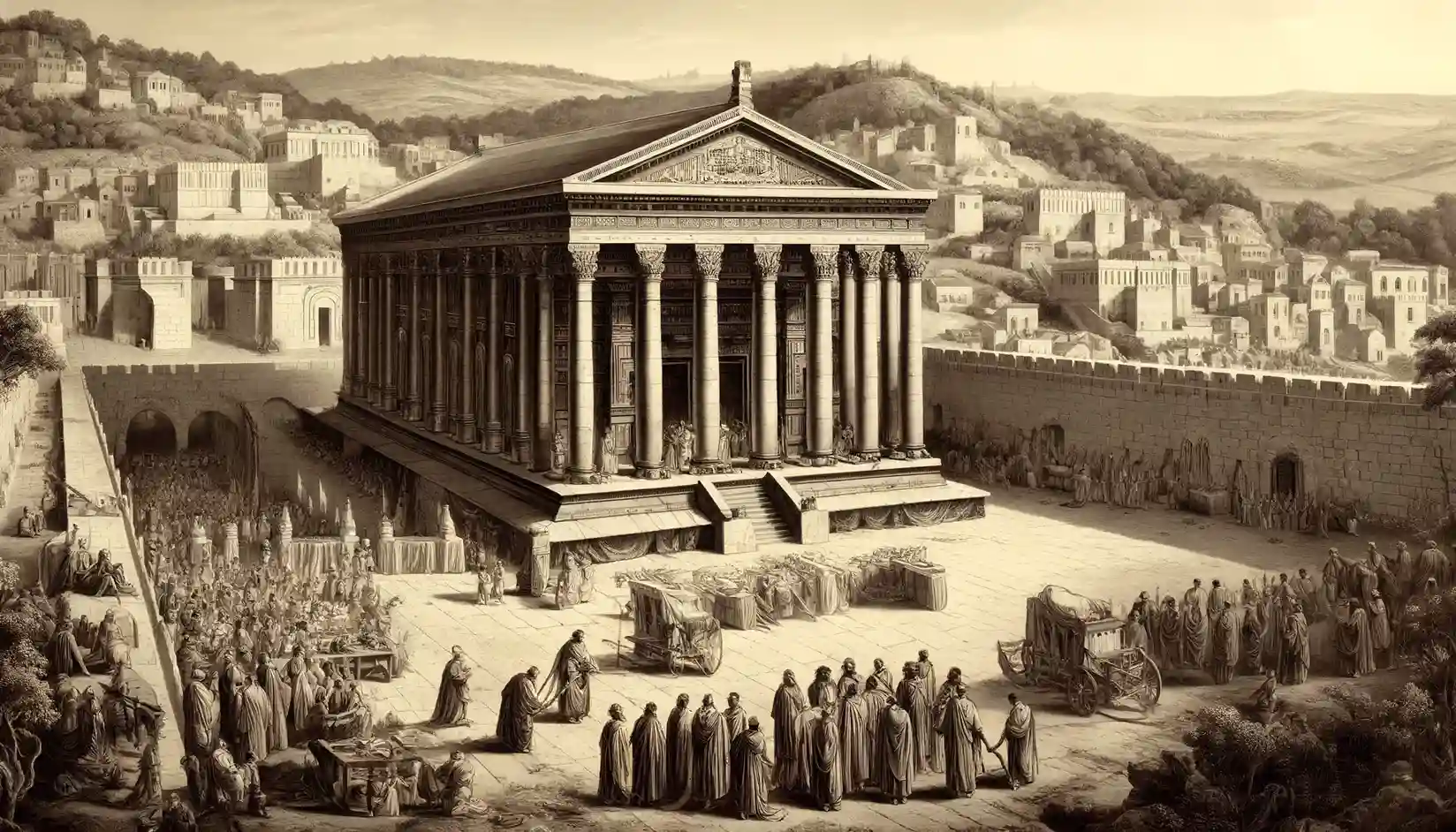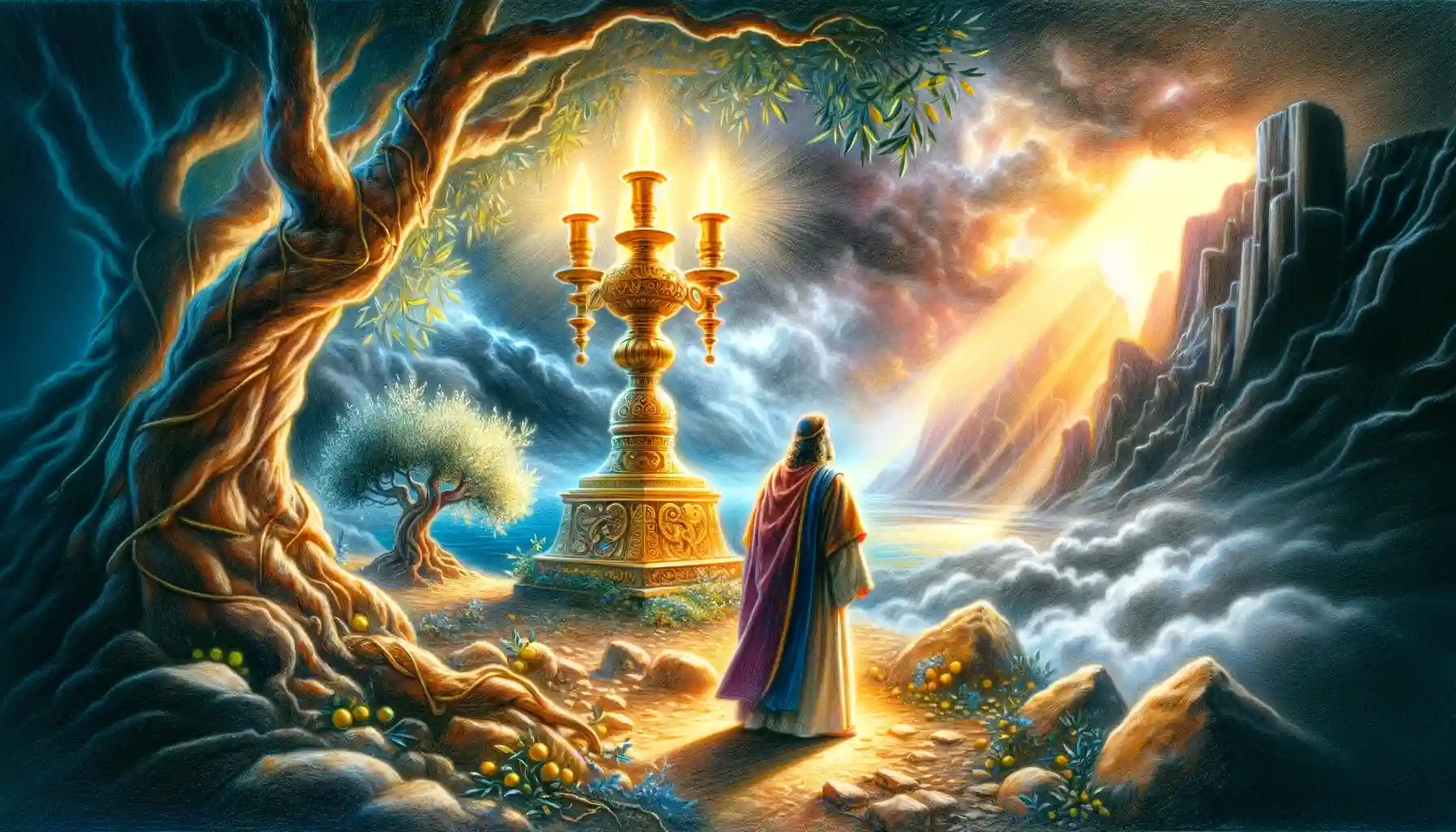Zechariah, a priest in the division of Abijah and husband to Elizabeth, was visited by the angel Gabriel who announced the birth of his son, John the Baptist; despite his initial doubt and subsequent muteness, Zechariah’s faith was affirmed, leading to his prophetic praise upon John’s birth.
Elizabeth, a descendant of Aaron and the wife of Zechariah, is notable for her righteousness and her miraculous conception of John the Baptist in her old age. Her story highlights themes of faith, divine intervention, and prophetic fulfillment.
Infertility in the Bible is depicted through the lives of Sarah, Rebekah, Rachel, Hannah, and Elizabeth, illustrating the profound faith and divine intervention that transformed their struggles into stories of hope and fulfillment.
Zechariah, a prophet during the post-exilic period, received visions of Jerusalem’s restoration and the coming Messiah, providing hope and emphasizing God’s sovereignty.
The Rebuilding of the Temple, specifically the Second Temple in Jerusalem, commenced after the Jewish people’s return from the Babylonian Exile, initiated by the decree of Cyrus the Great of Persia in 538 BCE, faced numerous challenges and delays, but was ultimately completed in 516 BCE during the reign of Darius I, symbolizing a pivotal moment of religious and cultural renewal for the Jewish community.
Zechariah offers a profound blend of encouragement, prophetic visions, and eschatological hope, making it a complex but deeply rewarding book of the Bible.

